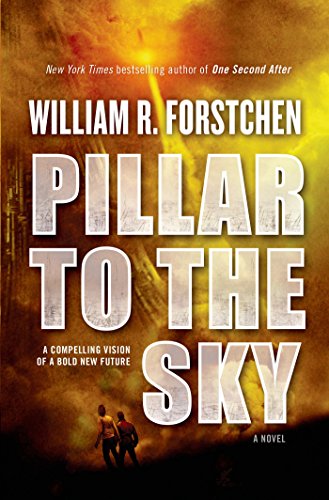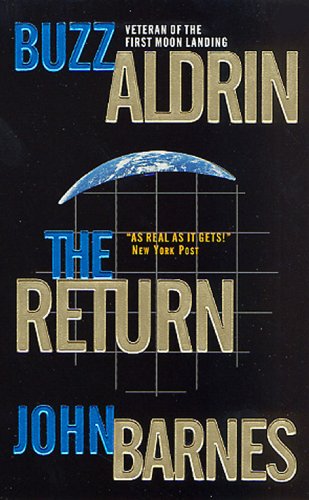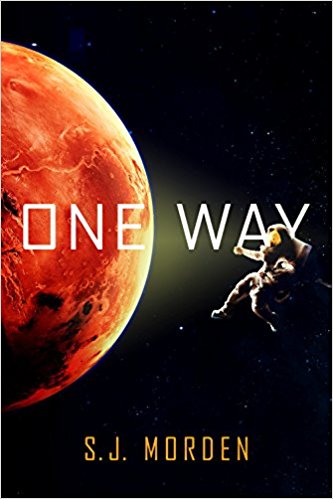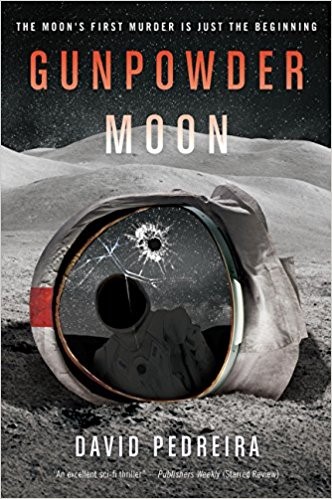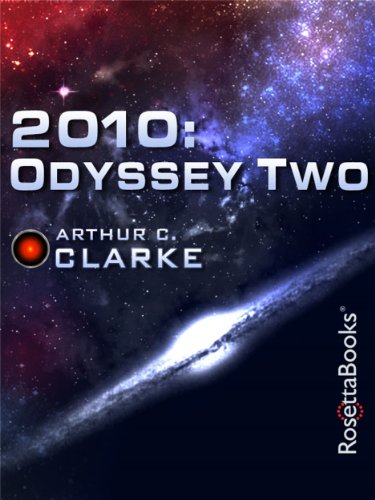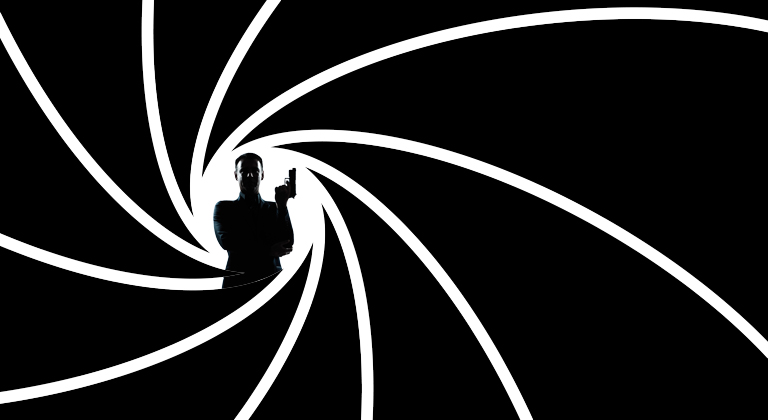Five More Realistic Sci-Fi Books Like Artemis
Recently I was in New York City with my two boys, and we got to see a fantastic installation commemorating the Audible launch of Artemis, by Andy Weir – the man who wrote the iconic book (and later movie) The Martian.

Seeing real-life representations of items from the book – like the ‘Gunk’ which is a home-grown food source derived from algae, or the round air-filled bubbles that tourists visited the Apollo 11 landing site in – really brought the vivid realism of the book to life; and demonstrated how Weir had once again “scienced the heck out of” crafting his tale.
Weir’s style of storytelling is often described as ‘science fact’ rather than science fiction, because it’s so well researched. No joke – I even attended a screening of The Martian with a former NASA engineer who’d designed one of the experiments sent to Mars on Viking 1. He admitted that apart from the strength of the storms being misrepresented (most of Mars’ atmosphere has drifted from the planet) it was pretty much as accurate as it could be.
With that in mind, I spent some time checking out other vividly-realistic science fiction books, so fans of Artemis and books like it will know what to read next.
Pillar to the Sky by William R. Forstchen
What’s the tallest skyscraper man could build? The truth will probably boggle your mind – and provides the inspiration for New York Times bestselling author William Forstchen’s thrilling tale about the race to build a ‘space elevator’ that would rear miles into the sky, piercing the Earth’s atmosphere.
With a multitude of insurmountable problems facing us on Earth – including diminishing oil supplies, global pollution and overcrowding – the setting of Forstchen’s 2014 novel resonates strongly, as does the frustration as a global team of scientists try to overcome bureaucracy, corruption and greed to make their planet-saving dream a reality. You can imagine them facing the same obstacles in our real world; and that’s what makes the book so realistic.
The Return by Buzz Aldrin and John Barnes
If you want to read a realistic novel about space, who better to write it than a man who’s actually been there? Believe it or not, the second man on the moon – the inimitable Buzz Aldrin – penned this thrilling tale, in collaboration with prolific author John Barnes.
In this novel, the cold war between Pakistan and India heats up to a boiling point, and the detonation of a nuclear device in the Earth’s atmosphere sends an EMP across the globe which fries circuitry and electronics worldwide. That would be bad enough – but the EMP also impacts the International Space Station, which starts a fatal descent to Earth.
Only disgraced astronaut Scott Blackstone can potentially save the doomed astronauts – by teaming up with a secret skunkworks project that possesses the only means to return to space in time.
The vivid realism of this novel demonstrates Aldrin’s unmatched knowledge of space travel – and the thrilling tale keeps you on the edge of your seat from the first page to the last.
One Way by S.J. Morden
All the best murder mysteries take place in a closed environment – the stranded Orient Express, a storm-wracked manor house, or – in the case of this thrilling science fiction novel – the barren surface of Mars.
In One Way, author S.J. Morden tells the tale of eight convicts given the chance at a new life, as they establish the first colony on Mars; knowing that their journey there is as much of a death sentence as they would have received at home. But when a series of ‘accidents’ starts claiming the lives of the colonists, astronaut (and convicted killer) Frank Kittridge starts to suspect that there’s a sinister agenda at work.
There’s a really unique premise behind the concept of this book, and it answers the question of how to tackle an issue like planetary colonization when the pioneers know they’re making a one-way trip. With the realism and scientific grounding of The Martian and the thrills of a proper whodunit, this is a great read.
Gunpowder Moon by David Pedreira
A murder mystery takes center stage in this next novel, too – although it’s set a little closer to home. Voted by Nerdmuch as one of the Best New Sci-Fi & Fantasy Books of 2018, Gunpowder Moon takes place on the Sea of Serenity in 2072, when a lunar mining operation is rocked by humanity’s first interplanetary murder. It’s down to former Marine Caden Dechert to find the culprit before he strikes again.
Once more, the scientific grounding people like about Andy Weir’s book is present in Pedreira’s novel – with careful research conducted to make the fictional lunar colony as realistic and ‘possible’ as it can be.
2010: Odyssey Two by Arthur C. Clarke
I always like to round off these lists with a classic, and perhaps there’s no more classic tale of space exploration than the Odyssey series, by Arthur C. Clarke. I read 2010 as a teenager and much preferred it to the original and the movie of 2001.
It’s ironic now to look at the (back then) oh-so-far-in-the-future date of 2010 and see how much Clarke got wrong – like the continuation of the cold war, for example. But so much remains right; with the technology of space travel envisioned even five decades ago, and still being turned into reality today.
To my mind, 2010: Odyssey Two is superior to the original because it’s less esoteric and grounded. It has a deeply meaningful and satisfactory end, and remains one of the most realistic of space travel novels even decades after publication.




